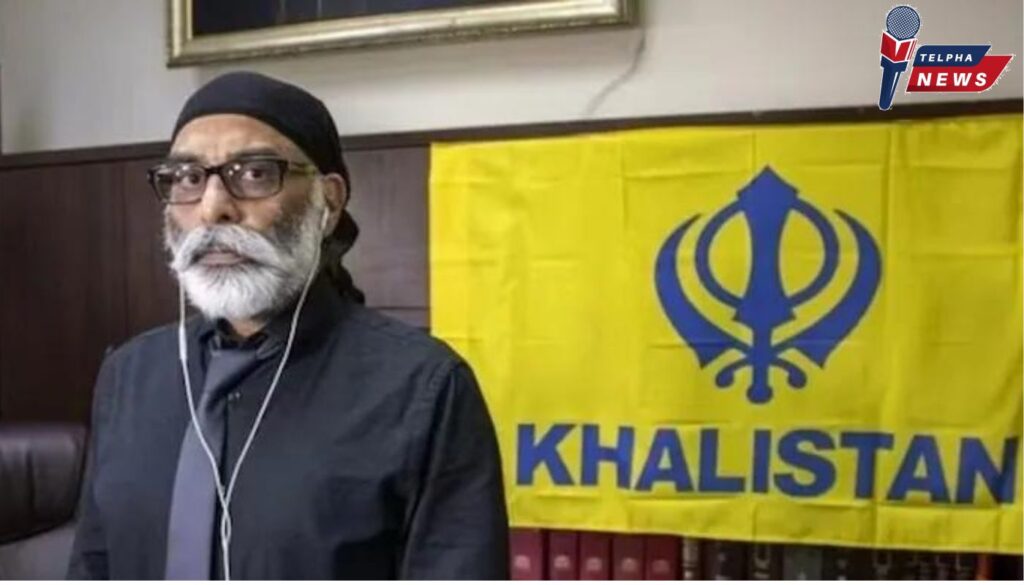
In a recent development reported by the Washington Post, allegations have surfaced regarding the involvement of a former RAW (Research and Analysis Wing) officer, Vikram Yadav, in a purported murder plot targeting Khalistani terrorist Gurpatwant Singh Pannun on American soil. These revelations have sparked widespread debate and scrutiny, raising pertinent questions about state-sponsored violence and international security concerns.
The Allegations Unveiled:
According to the Washington Post report, Vikram Yadav, purportedly a former RAW officer, played a pivotal role in orchestrating the plan to eliminate Pannun. It is alleged that Yadav, currently associated with a different government organization, provided critical information about Pannun, including his New York address, to the individuals involved in the plot.
The intricate web of conspiracy further implicates Nikhil Gupta, who stands accused of colluding with Yadav to execute the sinister plan. Gupta’s arrest in the Czech Republic in June 2023 shed light on the elaborate scheme, where he purportedly agreed to pay a substantial sum to an assassin for carrying out the assassination of Pannun.
India’s Denial and the Global Fallout:
In response to these damning allegations, India vehemently denied any involvement in the purported murder conspiracy, asserting that such actions are contrary to government policy. The denial was accompanied by the formation of a high-level inquiry committee tasked with investigating the allegations surrounding the Pannun murder plot.
However, the fallout from these allegations reverberated on the global stage, with the United States issuing a warning to the Indian government over concerns of its involvement in the plot. The severity of these allegations underscores the complexity of international relations and the delicate balance of power among nations.
Implications and Reflections:
The unfolding saga raises several pertinent questions regarding state-sponsored violence, diplomatic accountability, and the erosion of international norms. The alleged involvement of a former RAW officer in such a nefarious plot underscores the inherent risks associated with covert operations and intelligence activities.
Furthermore, the implications extend beyond the confines of bilateral relations, highlighting the need for greater transparency and accountability in the realm of intelligence operations. As the world grapples with evolving security threats and geopolitical tensions, incidents like these serve as a stark reminder of the fragility of global stability.
In Conclusion:
The allegations surrounding Vikram Yadav’s purported involvement in the Pannun murder plot underscore the intricate dynamics of international espionage and the far-reaching consequences of covert actions. As the investigation unfolds and the truth gradually comes to light, it is imperative for nations to uphold the principles of justice, accountability, and respect for human rights. Only through concerted efforts and unwavering commitment to transparency can we navigate the complexities of an increasingly interconnected world.